Welcome to today’s issue of That's A Good Idea. If this is your first time reading, subscribe here.
One quick thing:
If there is a recent essay that has sparked your curiosity, given you a new idea, or in any way contributed positively to your daily life, let me know below in the comments. That’s A Good Idea is a constantly evolving publication and I want to know what piques your interest. If you’re a writer, you are likely familiar with the inclination to get lost down whatever rabbit hole you stumble down. While I aim to vary the topics each week, I want this to remain something you look forward to reading and to do so I thrive on suggestions and feedback. So if you have a rabbit hole you think I should explore, let me know.
Now onto todays edition…
When I was a teenager, I devoured every Jimi Hendrix interview I could find. I browsed pages of music forums for obscure anecdotes. I watched and re-watched his live performances. I was mesmerized by his artistic mastery and symbolic presence.
It was the early days of YouTube, and my parents still had dial-up internet. This all took effort. Videos could take an hour to buffer, and if my Grandma called, the process had to start over.
As young frauds tend to do, I attempted to cultivate his spirit in myself. I carried with me the same hollow and naive opinions about the government; love, and artistic expression. I was quick to jump down the throat of musician friends who “didn’t get it”.
I’m pretty sure they used the words: “Dude are gay for a dead guy?”
I thought he’d been put on this Earth to open the eyes of ordinary people to an ethereal, connected, and more peaceful dimension of human nature. A truth; a new way we could all aspire. It would take some prodding — of course. It would take some reprogramming of older generations, but it could be done. The music was just the way in.
He was a heroic figure, but only in my imagination.
Over time, the truth of his life became obvious.
In reality, Hendrix’s artistic talent wasn’t equaled by his moral ethics or utopian vision. He was a narcissistic addict with a childlike aversion to responsibility and the realities of human nature. He didn’t believe in much else besides music.
“Music is my religion.”
-Jimi Hendrix
His fame swelled on the back of a cresting wave; a new enlightened, impassioned, and socially conscious culture, biting back at the tepid conformity of the fifties. I soon found out, the tone and ideals of Hendrix were hardly distinguishable from any of his contemporaries. Neil Young, Bob Dylan, Joan Baez, etc. They all said the same things. All played the same concerts. All sang the same variations of the same protest songs. All parroted the same opinions (and still do). All willingly propped up before millions as a showcase of youth genius.
They were products of a new media and a narcissistic culture that sought destruction. They were the beginning of the hero-as-self.
The Divine Hero
19th-century Historian Thomas Carlyle believed that the hero can only emerge if they are inspired by the divine. In his work, On Heroes, Hero Worship and the Heroic in History he said this:
“There needs not a great soul to make a hero; there needs a god-created soul which will be true to its origin; that will be a great soul!”
Carlyle made a correct observation.
Heroes must not see themselves as such. They must submit, with humility, to the divine cause and foundational ideals of the society in which they live. And when society shifts toward evil or moral corruption, they willingly risk their safety and comfort in opposition.
The hero, in essence, is an ideal archetype. Someone who inspires and realigns. A figure who can channel the mythos of the people they represent through their talents, courage, and deeds. A symbol that represents a sustaining moral identity. An embodiment of the higher path in the human form.
It’s for this reason, that our current heroes feel flat, uninspired, and contradictory.
They are products of a shallow culture and a broken relationship with the divine.
Since the sixties, the United States has shed the values and structures that gave us a foundational identity. We became more resentful, neurotic, distrustful, cynical, and angry. While the civil rights movement and anti-war protests of the time exposed the necessity of serious reforms, they also provided cover for covert ideologies to take root that primed the first set of traps for the current cultural mess we find ourselves in today.
We have more celebrities — and wannabe celebrities — than ever, yet we have few compelling and eternal heroes. And I would argue, zero individuals in modern America (or any Western country) that a majority population recognizes as true heroes.
Because the modern hero stands only as a representation of the current cultural paradigm, they are nothing more than a stick in the sand. A new tide of ideas and norms rolls in and they change their tone. They stand only to protect themselves. In their eyes, they are the foundation of the ‘great soul’, rather than a divine set of moral principles that need to be reflected and embodied. They may pretend to have a deeply held belief system, but it is seldom reflected in action.
Look at noted, “men of God” like Kanye West.
Their supposed belief systems become an easy target of parody, and these types become clowns to everyone, inspiring few. This is because it’s obvious to us when someone wears a mask of true belief and when it is embodied and expressed in accordance with deep conviction.
Deep conviction is a shield and a sword and if you don’t have it, you cannot attack and you cannot defend. It doesn’t matter what physical, artistic, or mental gift you possess. You cannot lead anyone or anything without carrying a flag for something.
The modern hero may possess extraordinary talent, but they lack the courage to stand against anything that risks their status. Fame is the ideal, and anything that threatens a distancing from it becomes the enemy. Because the modern hero has lost a connection with the divine understanding of the heroic ideal, they simply parrot the loud ideologies of the time. Exceptions to the rule are typically dethroned and destroyed with tactical efficiency.
God-Fearing Warrior
It’s for this reason, in contrast to Western celebrities, that men like Khabib Nurmagomedov have become symbols of a lost heroic ideal.
Nurmagomedov, arguably the best mixed martial artist of the time, is exceptionally quiet, god-fearing, and hardworking, and lives a life of stoic simplicity in his homeland of Dagestan. He eschews the trappings of wealth and speaks without fear against what he sees as the moral degeneracy sweeping the world.
A devout Muslim, he talks openly about his faith and his deeply held conviction that he was put on this Earth in the image of his creator. His talents are gifts from the divine, and his training and undefeated record are only a reflection of his God.
While most in the West do not share his beliefs, there is something powerful and compelling when watching him speak. For that reason, he’s become a cult hero amongst young Western men and Muslims around the world.
There is a confidence and conviction in Nurmagomedov that is rare in a modern celebrity. A fearlessness and resolute danger to his presence that is both deeply grounding and intimidating. He understands that he must step into danger to live up to his God-given potential, and he does so without fear. One gets the impression that he sleeps easy.
Religious zealotry is not required in a hero. But there must be belief. A deep conviction that transcends the physical world.
In good times, the hero becomes a venerated symbol.
In times of darkness, the hero becomes a necessity; a beacon, and a guide out of darkness.
You must carry the fire.





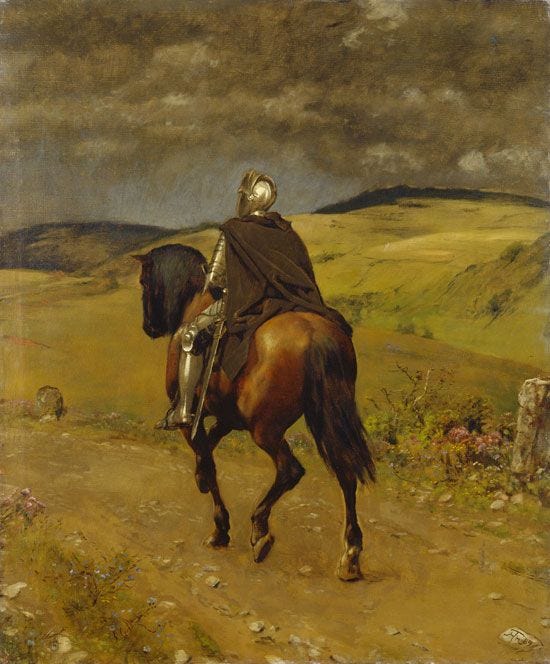

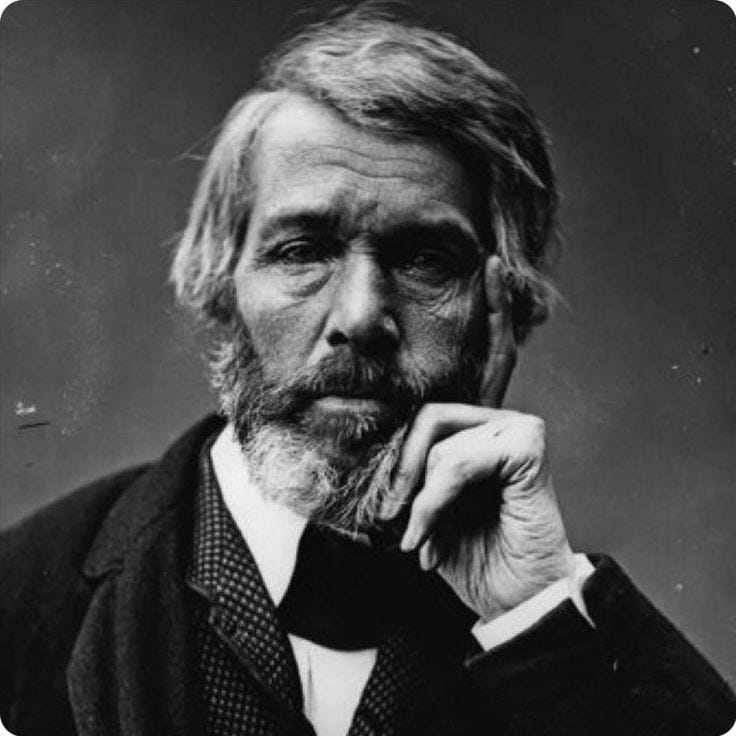

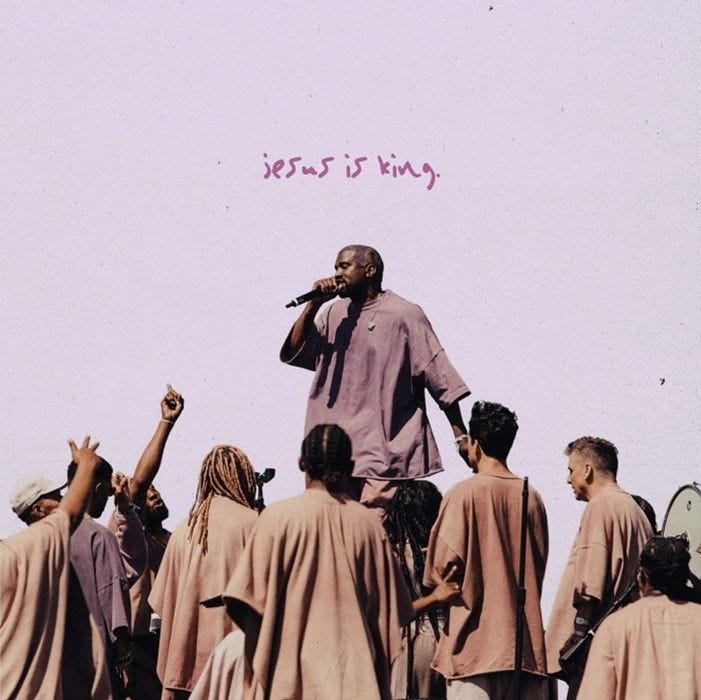
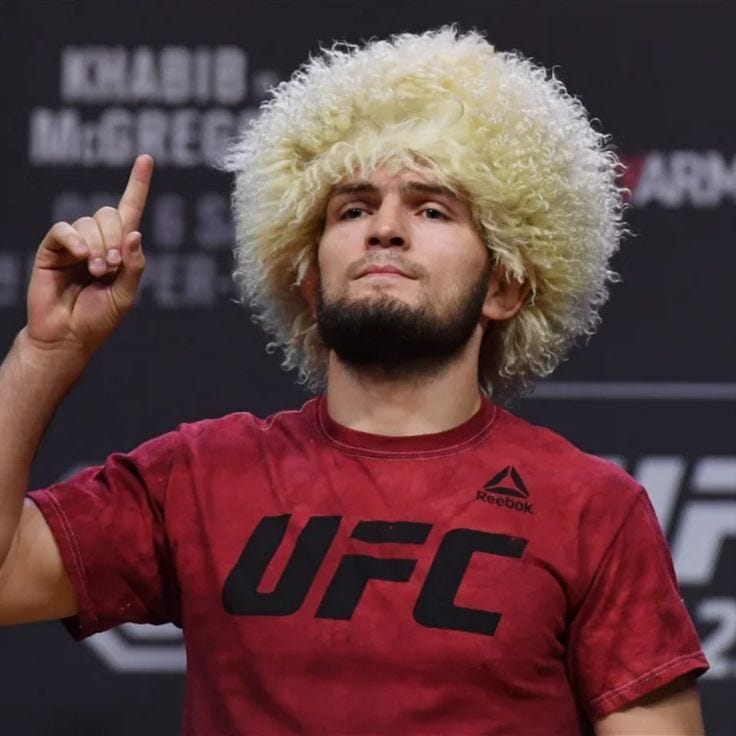
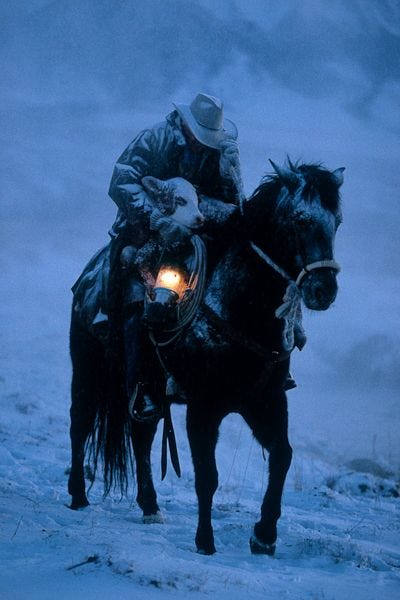
I have a question for you. Are you and were you an Anthology student? Are you an Anthologist? The way you write and the way you approach the problem of human culture suggests to me that you area cultural anthropologist.
Amazing text!